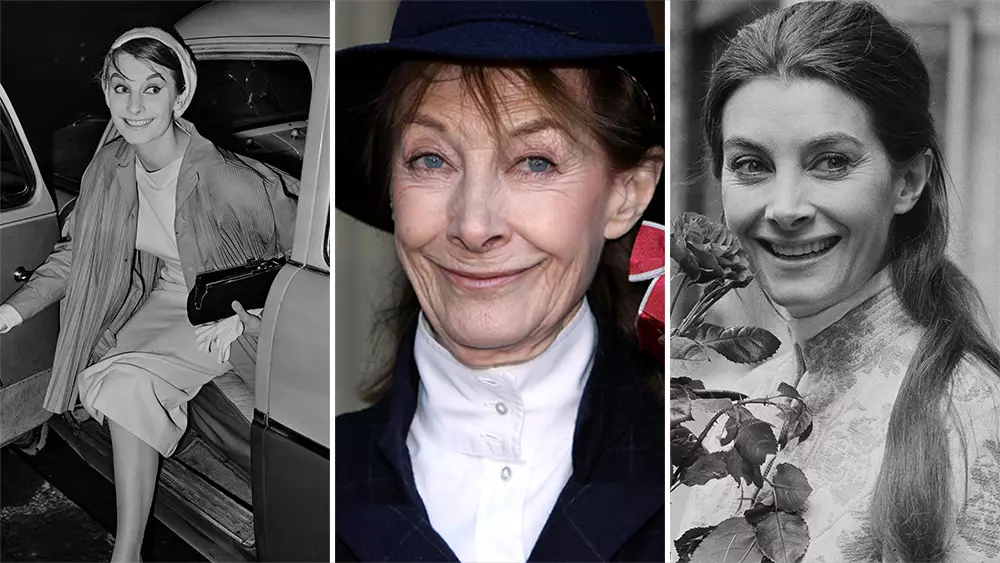The world of television has lost a luminous figure with the passing of Jean Marsh, an Emmy-winning actress and co-creator of the groundbreaking series *Upstairs, Downstairs*. At the age of 90, Jean’s death due to complications from dementia signifies not just the loss of a talented individual but also marks the end of an era in British storytelling that reshaped how audiences viewed life across class divides. Known for her remarkable portrayal of Mrs. Rose Buck, Marsh was far more than just a performer; she was an architect of complex narratives that resonated with viewers through generations.
Redefining Class Narratives
While the glittering allure of shows like *Downton Abbey* often overshadows its predecessors, *Upstairs, Downstairs* set the foundational stage for exploring the intricate dynamics between the upper crust and their subordinates. By presenting the intertwined lives of the privileged Bellamy family and their staff, Marsh and her collaborators succeeded in presenting a rich tapestry of early 20th-century England. Instead of just relegating the servants to the background, the show elevated their stories, giving voice and depth to characters often overlooked. This was a revolutionary approach during the 1970s, compelling audiences to reconsider the sociopolitical structures that defined their society.
A Journey Through Time
Marsh’s journey began in 1934, a child of London with an undeniable flair for performance. Early dance lessons and her subsequent training at repertory school eventually led her to hits on both stage and screen, showcasing her versatility and breadth as a performer. Whether she was captivating audiences in *Much Ado About Nothing* alongside John Gielgud, or haunting them in classic thrillers like *Frenzy*, Marsh embodied a spectrum of human experiences that transcended typical character tropes. Her participation in cult classics, including *The Twilight Zone* and *Doctor Who*, not only showcased her range but also cemented her legacy within the annals of British pop culture.
Curator of Stories
Beyond her iconic role in *Upstairs, Downstairs*, which included not just acting but co-creating the series, Marsh was keen on expanding the narratives that reached audiences. Her later work, including *The House of Eliott*, offered a fresh perspective on the struggles and aspirations of women in the 1920s. This commitment to portraying the challenges faced by marginalized groups revealed her understanding of the importance of storytelling; it wasn’t just about entertainment, but creating empathy and connection. In a time when feminism and women’s rights were making significant strides, Marsh’s contributions felt timely and impactful.
A Role Model for Generations
As we mourn the loss of Jean Marsh, we do so with a profound appreciation for her influence. Through her artistry, she encouraged women to pursue roles beyond societal constraints, fostering a richer representation of female characters. Marsh’s life and career remind us that storytelling can act as a catalyst for change, compelling audiences to critically engage with the world around them. From her enchanting portrayals to her thoughtful narratives, Jean Marsh leaves behind a legacy worth celebrating—a testament to how one woman can inspire countless others across time.


Leave a Reply